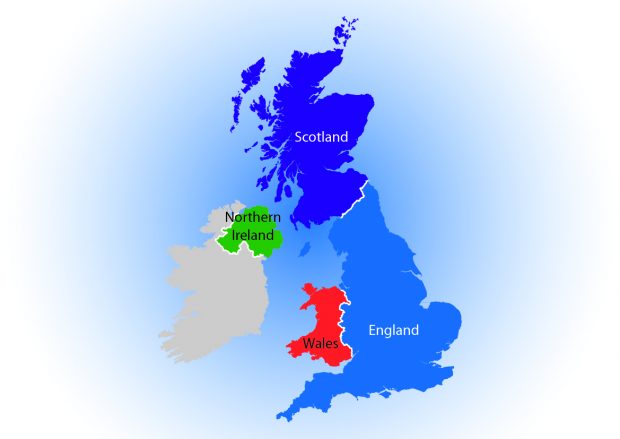Last August we wrote about the new UK-wide public information group. It was formed on the recommendation of the Parliamentary Science and Technology Committee to join up the great work on public screening information happening in each of the 4 UK countries. The group will enable us to share good ideas and resources more easily.

This group met for a second time on 10 January. It was again a really productive meeting with all 4 countries represented. The group:
- has started collating all the resources in the 4 countries to help ensure we share high quality information and do not duplicate effort
- agreed that PHE’s recent Screening publications production and review process provided an excellent starting point for the group to develop a UK-wide process, which will be consulted on in the summer
- agreed to consult stakeholders on the use of the term ‘personalised informed choice’ to explain how screening information helps support people to make the right choice for them as an individual
Publications process
The planned UK-wide publications process will provide overarching principles and processes for the development and review of screening information across the 4 countries. Each country will then have its own more detailed processes it will follow to produce its own information. This will provide overall assurance that each country is producing similarly high quality information but also allowing flexibility of approach.
The group agreed that information provision would necessarily differ between those antenatal screening programmes that were presented as a choice (such as fetal anomaly screening) and other programmes where the benefits clearly outweigh the harms (such as screening for infectious diseases). The process will make this distinction clear.
The group will approach a number of clinical and academic experts, ideally from all 4 countries, to comment on the draft before it goes out to consultation.
Personalised informed choice
In agreeing to start using the term ‘personalised informed choice’, the group is emphasising that all programmes seek to ensure that a decision to have screening (or not) is the right one for the individual involved. We should design all screening information with this in mind.
Here’s our working definition of a personalised informed choice in screening.
A decision made to accept or decline a screening test based on access to accurate, up-to-date information on:
- the condition being screened for
- the testing process
- potential outcomes
There should also be the opportunity to reflect on what the test and its results might mean to them as an individual.
As ever, we’d welcome your thoughts. Please add comments to this blog or by contacting the screening helpdesk.
UK NSC blog
The UK NSC blog provides up to date news from the UK National Screening Committee. You can register to receive updates direct to your inbox, so there’s no need to keep checking for new articles. If you have any questions about this blog article, or about the work of the UK NSC, please contact the UK NSC helpdesk.
2 comments
Comment by Irene Stratton posted on
Does "personalised informed choice" include the estimated risk for the individual?
So for diabetic eye screening we have models which estimate the risk of referable diabetic eye disease in 1, 5, 10 years. There are other models which inform about risk of breast cancer (higher risk in those with a family history and lower risk in those of normal weight) and of aortic aneurysm (much higher in smokers).
Comment by Mike Harris posted on
Thank you for your comments Irene. We will add them to those received during the informed choice consultation.